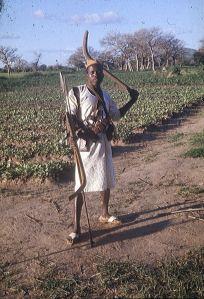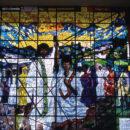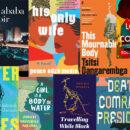Darfur before: technologies, symbolism and multiple identities

Over the last 50 years several interconnected crises (ecological, economic, and political) have been building up in Darfur, culminating with atrocities of killing, rape, and population displacement that have occurred over the last 10 years. This has had dramatic socio-cultural impact on the population of the province implying important losses of cultural inventory in terms of traditional skills and knowledge in the field of technology as well as symbolism.
Gunnar and Randi Haaland have since the mid-sixties done extensive fieldwork in several parts of Darfur from the border with South Sudan to the northern Sahel areas. Their work has focused on the culture and social organization of the Fur and their relations to neighbouring ethnic groups.
Gunnar has since 1965 been partly involved in applied work for various development agencies (e.g. FAO, World Bank, IFAD, Hunting Technical Services) and partly engaged in more basic research focused on ethnic processes and on the symbolism of interpersonal solidarity and its betrayal. Randi has focused on technical, symbolic, and organizational (including gender identity) aspects of pottery making and iron smelting. The photographs they made during their investigations give a time depth to the changing Darfur.
The intention of the exhibition is to use the photographs to illustrate important aspects of the Fur culture (including language) that is now disappearing, as well as to give some background for understanding the present political crisis.
http://darfurbefore.wordpress.com/






